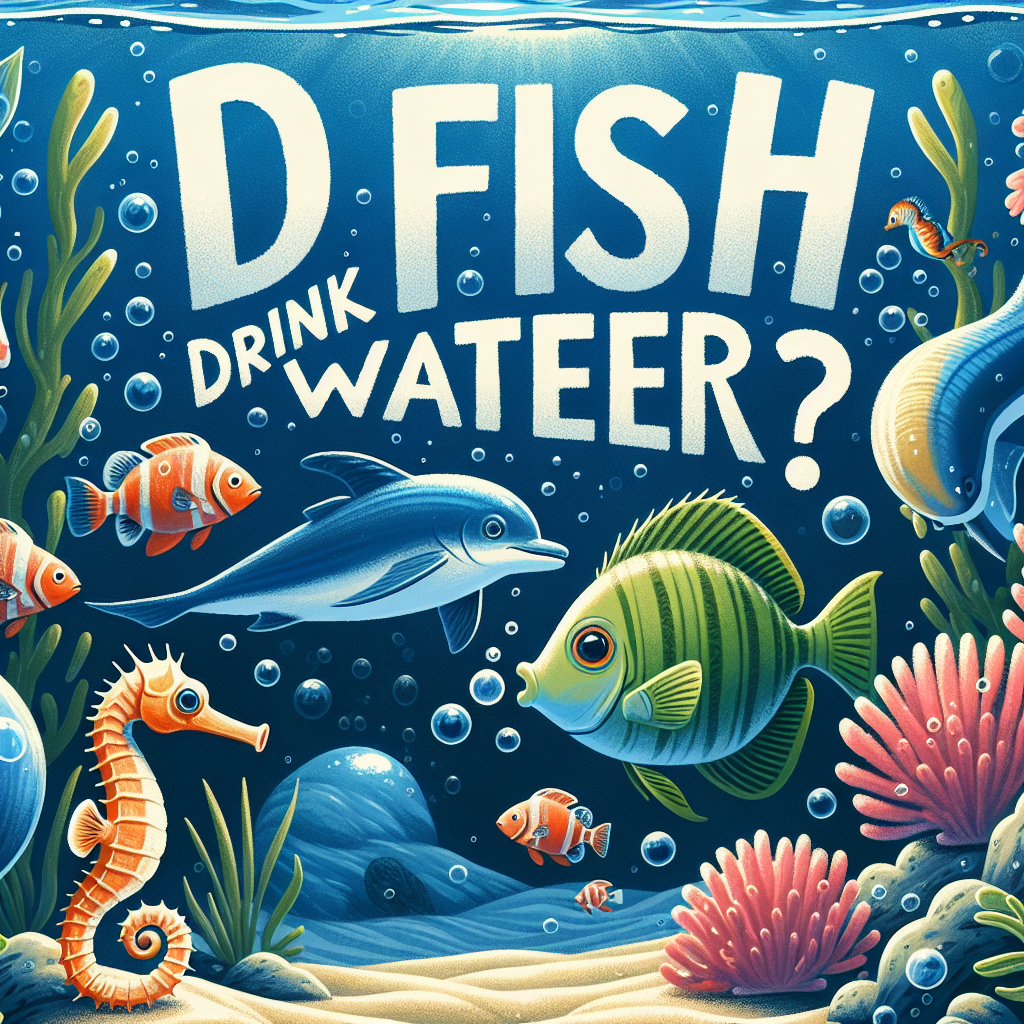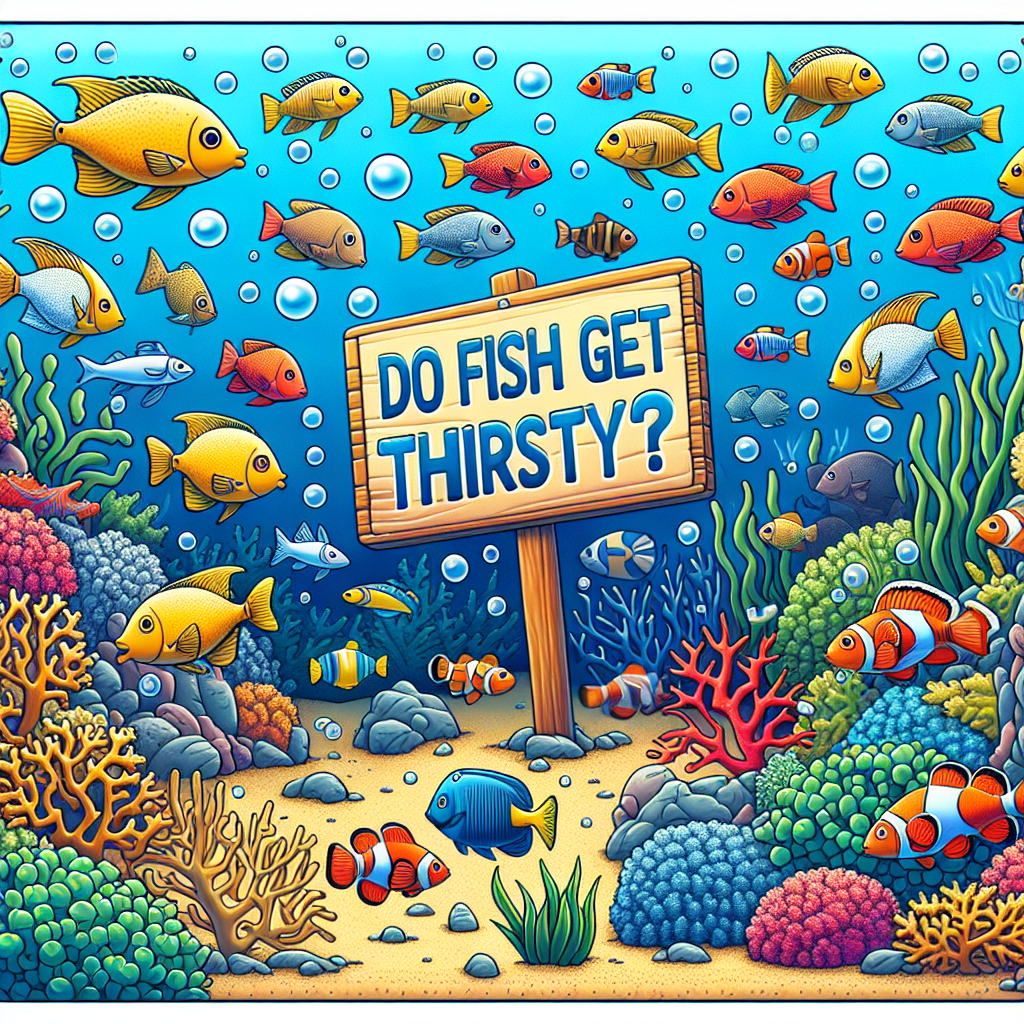Do Fish Drink Water?
The question of whether fish drink water may seem straightforward at first, but the truth is both fascinating and complex. Fish, like all living organisms, need water to survive, but their physiological processes differ significantly from those of land animals. Let’s explore how fish manage their hydration needs and whether their bodies engage in a process we could define as "drinking."
Understanding Fish and Their Environment
Fish are aquatic animals that live in water, typically in oceans, rivers, and lakes. The surrounding water is integral to their lives, affecting everything from buoyancy to respiration. To truly understand if fish drink water, we first need to explore how their bodies interact with the aquatic environment.
The Osmoregulation Process
One of the key physiological functions in fish is osmoregulation, the process by which they maintain an internal balance of salt and water. Fish can be broadly categorized into two groups based on their habitat: freshwater fish and saltwater fish, and their strategies for dealing with water intake differ significantly.
-
Freshwater Fish: These fish live in environments where the water is less salty than their body fluids. Because of this, they tend to absorb water through their skin and gills osmotically. Rather than actively drinking water, freshwater fish primarily acquire the needed fluids passively as water enters their bodies. To prevent their bodies from becoming overly diluted, they urinate frequently to expel excess water and retain salts through their gills.
- Saltwater Fish: In contrast, saltwater fish exist in environments where the salt concentration of the water is greater than that of their body fluids. In such cases, saltwater fish do drink water actively. They will consume seawater, and special cells in their gills help eliminate excess salt while retaining the required amount of water. This process is vital, as it prevents dehydration caused by the high salinity of their surroundings. As a result, saltwater fish urinate less frequently and their urine has a higher concentration of salt than that of freshwater species.
Drinking Behaviors
Despite the differences in osmoregulation, both types of fish are often said to "drink" water. However, it’s important to note that their behaviors and processes are not entirely analogous to how terrestrial animals drink. Fish do not need to ingest water continuously; they are constantly interacting with the water around them, whether through osmosis or active drinking.
Conclusion
In summary, fish do not "drink" water in the conventional sense like humans or land animals do, but they have evolved unique ways to manage their hydration through physiological adaptations and behaviors defined by their aquatic environments. Freshwater fish absorb water through their skin and gills, while saltwater fish actively consume seawater and efficiently expel the excess salt.
Understanding the intricacies of how fish manage water intake not only sheds light on their fascinating biology but also underscores the importance of their environment. As we become more aware of the challenges facing aquatic habitats, such as pollution and climate change, appreciating these intricate dynamics helps us advocate for their conservation.





